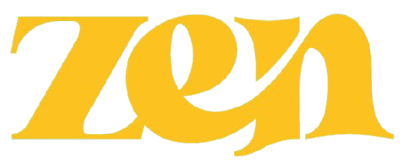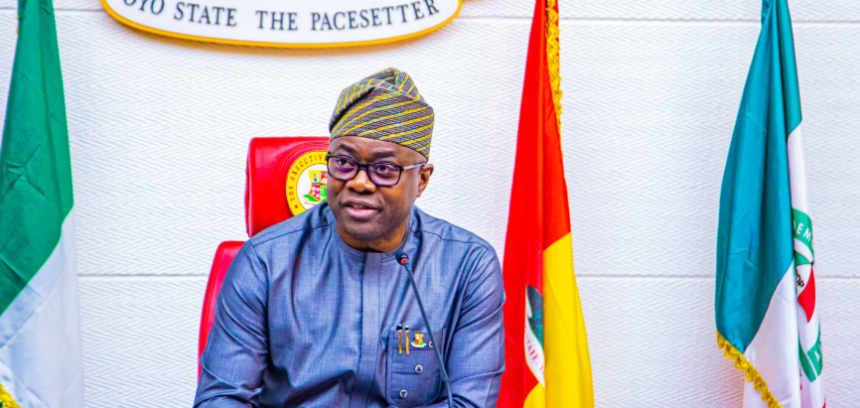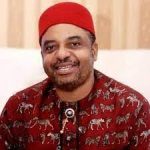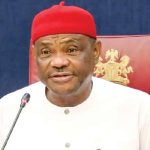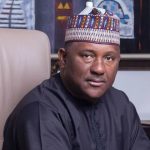Oyo State Governor Seyi Makinde is advancing the national tax conversation with a firm call for fairness, equity, and compassion in dealing with Nigeria’s informal sector. Speaking at the 157th Joint Tax Board (JTB) meeting in Ibadan, the governor emphasized that reforming tax policies must not come at the cost of public trust or social stability.
Themed “Taxation of the Informal Sector: Potentials and Challenges,” the event brought together revenue leaders nationwide to strategize on how best to incorporate Nigeria’s informal workforce—over 92% of total employed persons—into the formal tax net.
Makinde’s appeal was clear: governments must widen the tax base, but not through coercion or brute enforcement. Instead, he proposed that tax authorities adopt community-based methods that encourage voluntary compliance and long-term trust.
Federal Inland Revenue Service (FIRS) Chairman, Zacch Adedeji, echoed this sentiment, crediting Oyo State for leading by example. The state saw a 23.78% increase in IGR in 2024, totaling ₦65.28 billion. Adedeji also hinted at reforms within the JTB, which is transitioning into a broader Joint Revenue Board (JRB).
Adebowale Awakan, Chairman of the Oyo State IRS, noted the massive gains in IGR—from ₦1.6 billion monthly in 2019 to ₦8.5 billion in early 2025. “The informal sector is no longer negligible,” he said. “But our approach must be non-oppressive.”
In sum, national consensus is growing around a taxation model that is inclusive, data-driven, and humane—especially for Nigeria’s grassroots earners.
